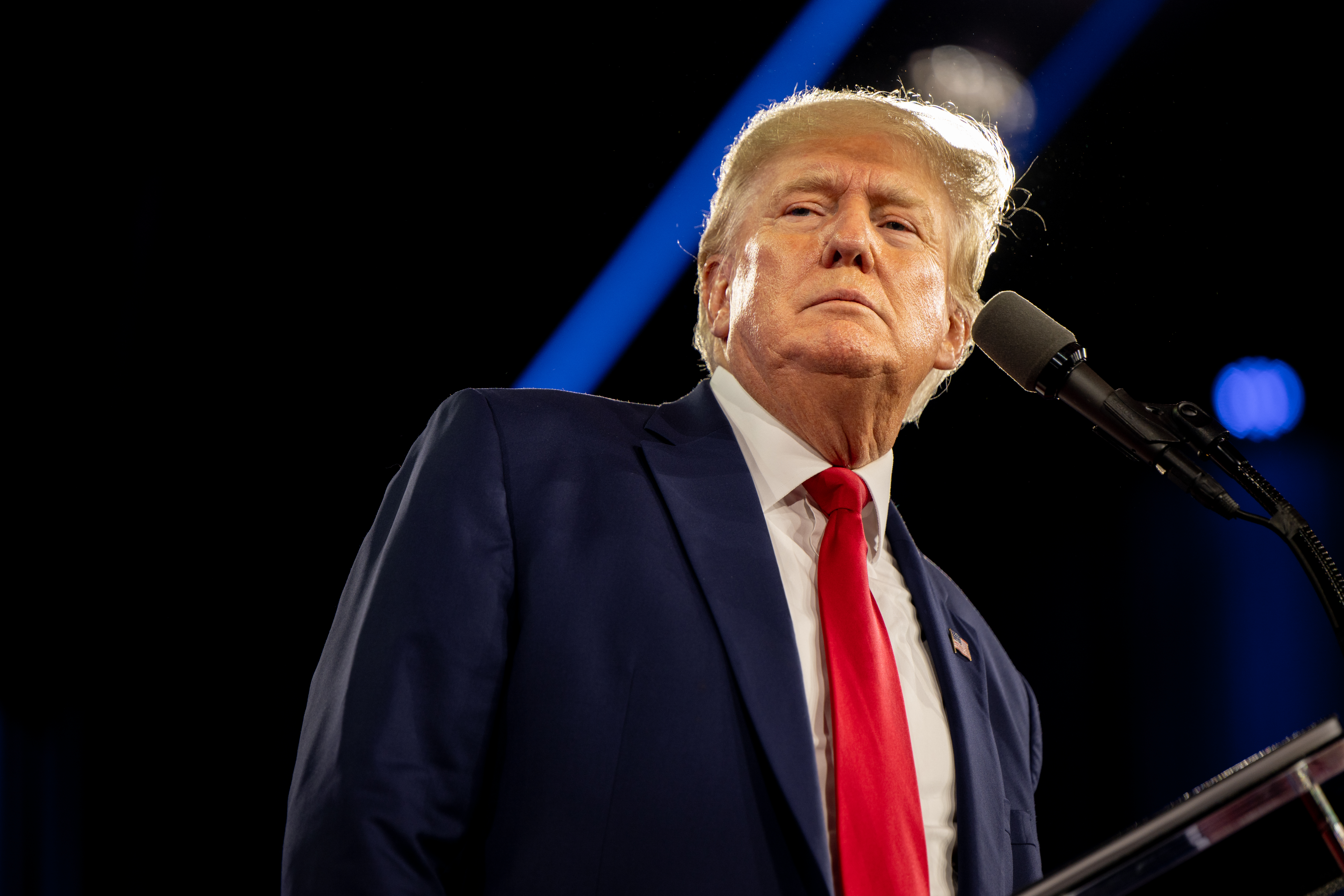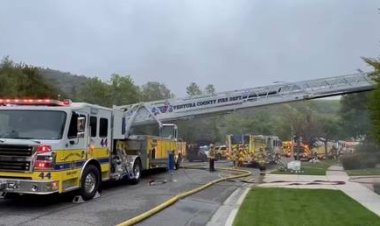Federal appeals court punts on writer's suit against Trump over rape denial
2nd Circuit asks a D.C. court to weigh in on E. Jean Carroll's libel case stemming from alleged rape


A federal appeals court handed Donald Trump an incremental win Tuesday in a libel suit brought by writer E. Jean Carroll over the former president's denial of her claim that he raped her in a New York department store dressing room in the 1990s.
A divided panel of the 2nd Circuit Court of Appeals ruled that a lower court judge erred when he concluded that Trump, as president, was not covered by a federal law that can be used to shield federal employees from liability over incidents related to their work.
Under Trump, the Justice Department belatedly invoked that law— known as the Westfall Act — in a bid to shut down the defamation case Carroll filed in 2019 stemming from statements Trump issued denying that he raped Carroll, including a declaration that "She's not my type." Last year, under President Joe Biden, the Justice Department stirred controversy by reaffirming the department's earlier stance that Trump was essentially immune from suit because he was acting within the scope of his duties when fielding media questions about the alleged rape at the Bergdorf Goodman in 1995 or 1996.
In Tuesday's ruling, the majority on the three-judge federal appeals court panel asked a local court in Washington, the District of Columbia Court of Appeals, to weigh in on whether Trump's statements are the sort of actions that employers can be held liable for under D.C. law. If not, Trump could be personally responsible for any damages awarded in the case.
The 2nd Circuit's majority opinion said there was "manifest uncertainty" about when what the law regards as an intentional act, like libel or slander, is considered part of an employee's duties.
"The District’s case law has, thus, seemed to vacillate between a narrow view of scope of employment that requires evidence that an intentional tort benefit—or be for the purpose of benefiting—the employer, and a more modern, broader view of scope of employment that would hold that any intentional tort that is a part of the risks of an employer’s activity falls within the scope of employment," Judge Guido Calabresi, an appointee of President Bill Clinton, wrote in an opinion joined by Judge William Nardini, a Trump appointee.
The third judge on the panel, Denny Chin, dissented. He agreed with Carroll's lawyers that the law protecting federal employees from liability simply does not apply to the president. And he said at least some of Trump's statements were not part of his official duties.
"Trump was not acting in the scope of his employment when he made comments about Carroll and her accusations because he was not serving any purpose of the federal government," Chin wrote. "In the context of an accusation of rape, the comment 'she's not my type' surely is not something one would expect the President of the United States to say in the course of his duties. Carroll's allegations plausibly paint a picture of a man pursuing a personal vendetta against an accuser, not the United States' 'chief constitutional officer' engaging in 'supervisory and policy responsibilities of utmost discretion and sensitivity,'" the judge added, quoting an earlier precedent.
Chin, an appointee of President Barack Obama, said the Justice Department's arguments that a president could claim immunity for virtually any statement made to the press were too broad. The judge also selected some notable examples of things a president might theoretically be responsible for.
"If that were so, then the mere presence of others would neutralize whatever a President did or said, for no President could be held accountable for damage done in front of a microphone or in an official meeting — whether defaming a citizen, exposing classified national security information, or inciting a riot. This is not, and should not be, the law," Chin wrote.
The Justice Department, Trump's private attorneys or Carroll's lawyers could ask the full bench of the 2nd Circuit to reconsider the issue or seek review from the Supreme Court. They could also wait to see what position the D.C. Court of Appeals takes in the case during what is likely to be many more months, if not years, of litigation.
Spokespeople for the Justice Department and Carroll's lawyers did not immediately respond to requests for comment. However, a lawyer for Trump welcomed the decision.
"We are extremely pleased with the Second Circuit’s decision today," attorney Alina Habba said in a statement. "This decision will protect the ability of all future Presidents to effectively govern without hindrance. We are confident that the D.C. Court of Appeals will find that our client was acting within the scope of his employment when properly repudiating Ms. Carroll’s allegations.”
Carroll's libel suit may wind up being of secondary concern to Trump, since she has signaled she plans to file a new suit in November that directly accuses Trump of rape and seeks damages for the alleged attack itself. A New York state law set to take effect in November allows plaintiffs such as Carroll to pursue civil cases over sex crimes that would otherwise be subject to a 20-year statute of limitations.
Nicholas Wu contributed to this report.












